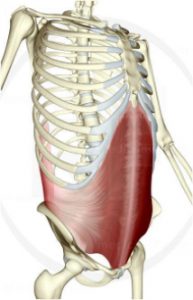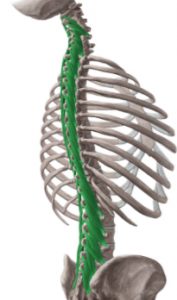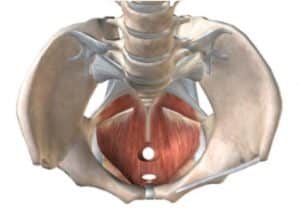Core stability is the ability to control the position and movement of the core. It involves maintenance of good posture and balance during movement.
Core Exercises

What is core stability?
What is the “core”?
The core is made up of 3 muscles:
- Transversus Abdominis (TA): TA is a deep abdominal muscle that is often referred to as the “corset muscle”. It turns on to stabilise the trunk during body movement.

2. Multifidus (MF): MF are very small muscles that run on either side of the spine. They help with postural movements and back stability.

3. Pelvic Floor (PF): PF are a band of muscles that span the area beneath the pelvis. Their main role is to give you control of your bladder and bowel, however they work together with the TA to assist with stability of the trunk.

Why is core stability important?
Core stability is important in reducing your risk of injury and improve performance. A strong core ensures a strong platform for your other muscles to work off. Your core muscles are the main structures that support and control the movement of your trunk. They work 24-hours a day and are responsible for endurance type work. Research evidence informs us that many back pain sufferers have poor control of their core muscles. Without addressing this deficit, back pain may continue to worsen and limit functional tasks. We also know that even if your back pain starts to improve, your core strength does not automatically improve. It is therefore important to talk to your physiotherapist and have your core strength assessed. Your therapist can set you up with an exercise program to target this and help with your recovery.
- Back pain- acute and chronic
- Post-abdominal surgery
- Post pregnancy and birth
- Pelvic pain
- To improve athletic performance
What Conditions can core exercises help with?
Core strength and stability is essential for pain-free daily tasks. Core exercises are used in the rehabilitation of:
- Back pain- acute and chronic
- Post-abdominal surgery
- Post pregnancy and birth
- Pelvic pain
- To improve athletic performance